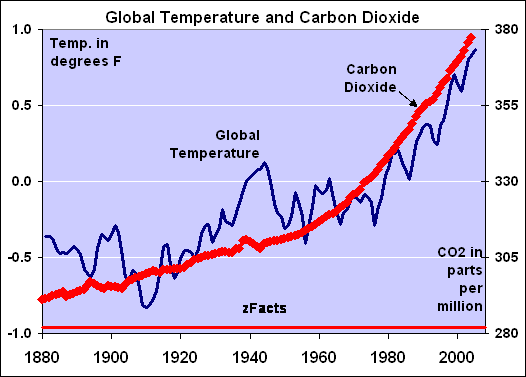
Richard Tuckett
University of Birmingham, UK
Title: Climate change and global warming: thoughts of a quaker scientist
Biography
Biography: Richard Tuckett
Abstract
This talk arises from two articles recently accepted for publication by Elsevier in their Reference Modules [1,2]; the first also comes out next year in paper copy in the 3rd edition of Encyclopaedia Analytical Sciences, Written for the intelligent nonexpert, the science of the greenhouse effect and the most up-to-date data are presented in the first article [1]. In summary, the two most significant secondary greenhouse gases remain CO2 and CH4, together they contribute c. 80-85% of the secondary greenhouse effect, and this percentage has not changed for the last 20-30 years. CH4 could indeed prove to be as serious a secondary greenhouse gas as CO2. However, the total radiative forcing which causes the increase in Planet Earth’s temperature has increased consistently over this time window, and the huge majority of the world’s scientists now accept that we have a huge environmental issue on our hands that will not disappear. In the second article [2], suggestions are made as what issues people should think about from individual, government and world positions. The author is a practicing member of the Quaker (Society of Friends) religion, and throughout he comes to this problem from a moral viewpoint. This will not be a talk about religion, but rather how the six Quaker Testimonies (i.e. way we should lead our lives) on Truth and Integrity, Social Justice, Equality, Simplicity, Peace and Sustainability lead him in certain personal directions, and what advice he might give to Governments and World organisations (e.g. the United Nations). A concise and simple explanation of the Quaker religion in the UK in 2017 is written elsewhere [3]; much of it may surprise many delegates!.

The average temperature of the Earth (red) and the concentration level of CO2 in the Earth’s atmosphere (in red) during the recent history since AD1880.
(Stoft http://zfacts.com/p/226.html or Hocker http://wattsupwiththat.com/2010/06/09/).
A rise of 1 F is equivalent to 0.56 oC. From a scientific viewpoint, there is no proven correlation between the two sets of data.
